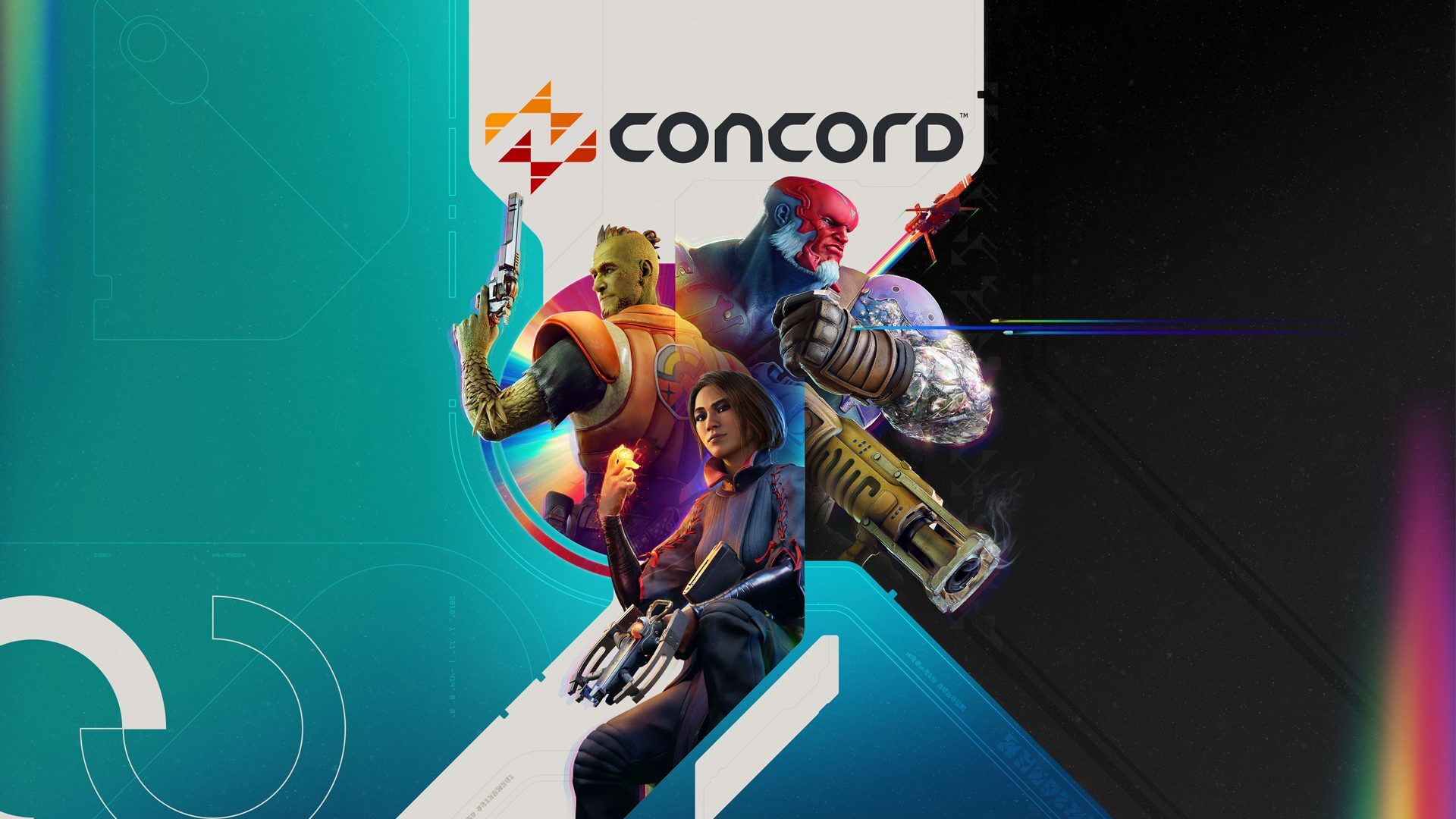- cross-posted to:
- [email protected]
- [email protected]
- [email protected]
- pcgaming
- cross-posted to:
- [email protected]
- [email protected]
- [email protected]
- pcgaming
Update: players are now throwing themselves off cliffs to grind xp for the platinum trophy https://x.com/realradec/status/1831041419756388429



No, no no, that is the current practice and origin of the entire problem.
If you legally class a game as an ongoing service that is temporary and subject to termination, without recompense, soley by the decision of and according to the terms of the licensor, then they can legally sell you a game for $80 bucks and then shut down the next day.
If you legally class the game as a good, well you can’t sell someone a chair which then has 3 of its legs disappear or collapse (due to no fault of the owner) the next day without that being a scam of a defective product.
…
If you’re saying the emphasis should be on raising consumer awareness that they’re buying a temporary, revocable and non refundable service…
Who, other than children, do not know this yet?
That would not force the industry to actually change their practices.
It just slaps a big bold 'haha the fuck you isn’t even in the fine print anymore’ label on a product and makes our cyberpunk dystopia a little bit more obvious, but doesn’t achieve any useful goal in terms of altering actual game design/support or consumer rights.
Their parents, new/casual games, charity shops that might want to resell, etc.
True, but that would make it slightly easier for offline games, games that allow for private hosting, and games with an end of life plan that would allow it. They would be able to compete more easily if they could be easily identified. That could then incentivise companies to add end of life plans.
A step in the right direction would be great. Even if it’s a small step.